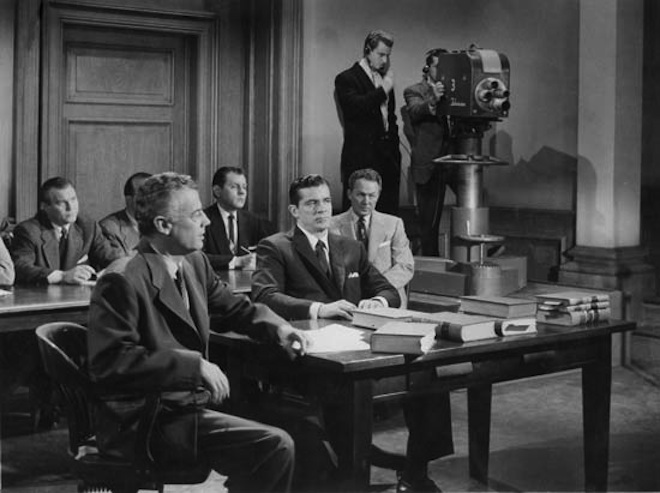CJ's opinions collide with the law
 Comment •
Comment •  Friday, June 7, 2013
Friday, June 7, 2013 Speechifying and the creation of new law ... Queensland CJ de Jersey at it again ... Personal views differ from what the law says ... Beyond reasonable doubt ... Right to silence ... Prior convictions ... All up for grabs in Queensland ... What's a juror to think? ... From Peter Callaghan SC
 What to believe? The law or the CJ's speeches?
What to believe? The law or the CJ's speeches?
THE Chief Justice of Queensland has again stepped down from the bench into the arena of political debate.
There were some similarities between this latest descent and the one before.
See the CJ's speech here and my response here.
As was the case in March, his opinions were contained in a paper delivered to a legal conference.
It was not, however, in the nature of an academic paper intended for scholarly review.
For example, when speaking of the need to elaborate on the phrase "beyond reasonable doubt", the Chief Justice did not refer to the University of Queensland Psychology School's paper (which would have supported his position), but preferred to invoke his own experience of conversations "in the street [with] two or three former jurors".
Nor was the paper intended only for an audience of lawyers based in North Queensland.
See CJ's speech to North Queensland Law Association.
Once again, the speech had been provided in advance to The Courier-Mail, where the Chief Justice's views were accurately reported.
These included the proposition that if an accused person failed, at an early stage, to disclose relevant information – in other words, invoked their right to silence – then a judge ought to be able to make an adverse comment to juries about that fact.
In the text of the speech itself the Chief Justice stated clearly that he personally favoured that position.
Of course, he could not express such a view in the course of a criminal trial.
His respect for the High Court - and indeed for our own Court of Appeal - would enjoin him from saying anything like it.
He, like every judge, is bound to follow the decisions of higher courts, e.g. Petty and Maiden v the Queen.
But he clearly does not feel constrained from publishing his views elsewhere, such as at the conference in Townsville, in communications with the media, or on the Queensland Courts website, where his paper now appears.
Jurors who require information - such as the location of the Queen Elizabeth II Courts of Law complex - are all directed to this website.
It follows that, even if they do not remember The Courier-Mail's headline, every juror in every trial over which the Chief Justice presides is just two clicks of a mouse away from learning that, whatever he might tell them in his summing up, he really holds a different view.
And even if they already know where that impressive new building is, they are a Google search of his name and one click away from learning his opinions as reported by the media.
It is possible that exposure of the schism - between the law as it is and the law as the Chief Justice thinks it should be - might be avoided if his Honour tells his juries not to look at anything he might previously have written.
However, as the Chief Justice himself seemed to acknowledge elsewhere in his paper, the influence of Facebook, Google and other social media, including Twitter, raises concern that such an admonition might have limited effect on jurors.
I am sure there are other options, such as just ignoring the possibility and hoping that the whole thing will go away.
My own view is that the danger is a real one, and that it is something on which counsel should take instructions from their clients.
More importantly, and as with the March campaign, it is the fact of the Chief Justice doing what he did that raises issues beyond the subject matter of the discussion.
I have written recently about the erosion, by parliaments everywhere, of judicial discretions. It is necessary, in order to resist such encroachment, to insist that judicial independence is indispensable to our democracy.
However, as Hayne J has said, independence does not entail freedom from restraint:
"It does not mean that the judge is free to act as philosopher king bound by no principle except the dictates of his or her individual (and perhaps idiosyncratic) sense of justice. That is why there is appellate review of decisions."
And that is the problem.
There is no appeal from a press release.
The Chief Justice's opinions float in the electronic ether until they collide with the law as it actually is.
We can try to preserve judicial independence if we accept that it does not mean freedom from restraint.
Those restraints are present when independence is exercised within the judicial system.
When judges step outside the system, and seek to enter and leave the public debate on terms of their own choosing, different considerations arise.
The Chief Justice might find the Queensland courts' website a convenient medium when he wants to express an opinion without fear of being corrected by a higher court.
But all should be alive to the inconvenience this might create elsewhere.









Reader Comments